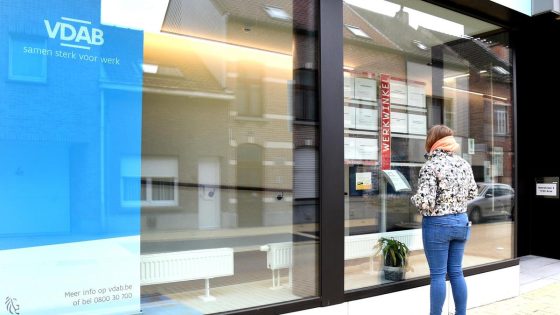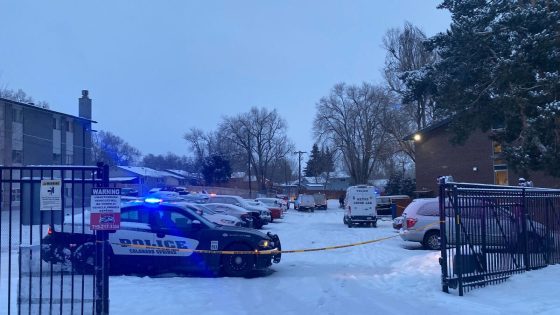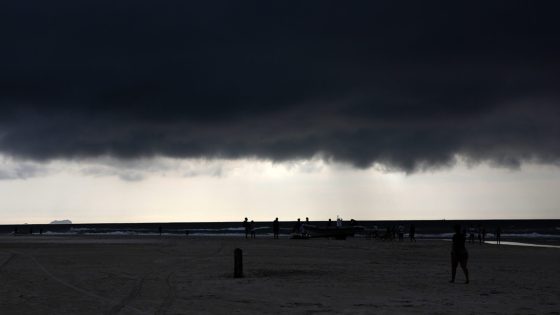On February 20, 2025, the political landscape in Molenbeek faces turbulence as controversy surrounds local official Mohammed Kalandar. His past social media posts have sparked outrage and prompted calls for his resignation. Will this crisis impact the fragile majority within the municipal council?
- Kalandar faces internal discontent within PS.
- Socialists hold 26 of 45 council seats.
- Mayor's absence exacerbates local crisis atmosphere.
- MR demands Kalandar's resignation over posts.
- Kalandar acknowledges past social media mistakes.
Molenbeek’s Political Crisis: Calls for Kalandar’s Resignation Grow
The recent uproar surrounding Kalandar raises questions about accountability in local governance. How will this affect Molenbeek’s already delicate political balance? With ongoing internal strife within the PS party and a struggling financial situation, tensions are high.
Impact of Social Media on Local Politics: A Case Study from Molenbeek
Kalandar’s controversial posts have not only stirred public outcry but also put pressure on the ruling coalition of PS-Vooruit and PTB/PVDA. The potential fallout could lead to further fragmentation of their support base. Here are key points to consider:
- The social media posts date back several years but remain accessible online.
- The MR party has taken action by filing a complaint with the Brussels prosecutor.
- Kalandar acknowledges his past mistakes regarding social media usage.
- The absence of Mayor Catherine Moureaux adds to the instability in governance.
The Role of Public Opinion in Political Accountability
This incident underscores how public sentiment can influence political decisions. Citizens are increasingly aware of their leaders’ actions online, demanding transparency and integrity. What does this mean for future elections? As voters become more engaged, politicians must adapt or risk losing their positions.
Molenbeek’s Governance Challenges Amid Financial Strains
Molenbeek is grappling with significant financial difficulties that compound its political challenges. The combination of internal discord and external pressures creates a precarious environment for local leadership. How will officials navigate these turbulent waters while addressing community needs?
Future Implications for Local Leadership in Belgium
This crisis may set a precedent for how local governments handle controversies involving elected officials. As scrutiny increases, leaders must prioritize ethical conduct both online and offline to maintain public trust and ensure stability within their councils.
In conclusion, Molenbeek’s current turmoil serves as a reminder that effective governance requires vigilance and accountability at all levels.






























